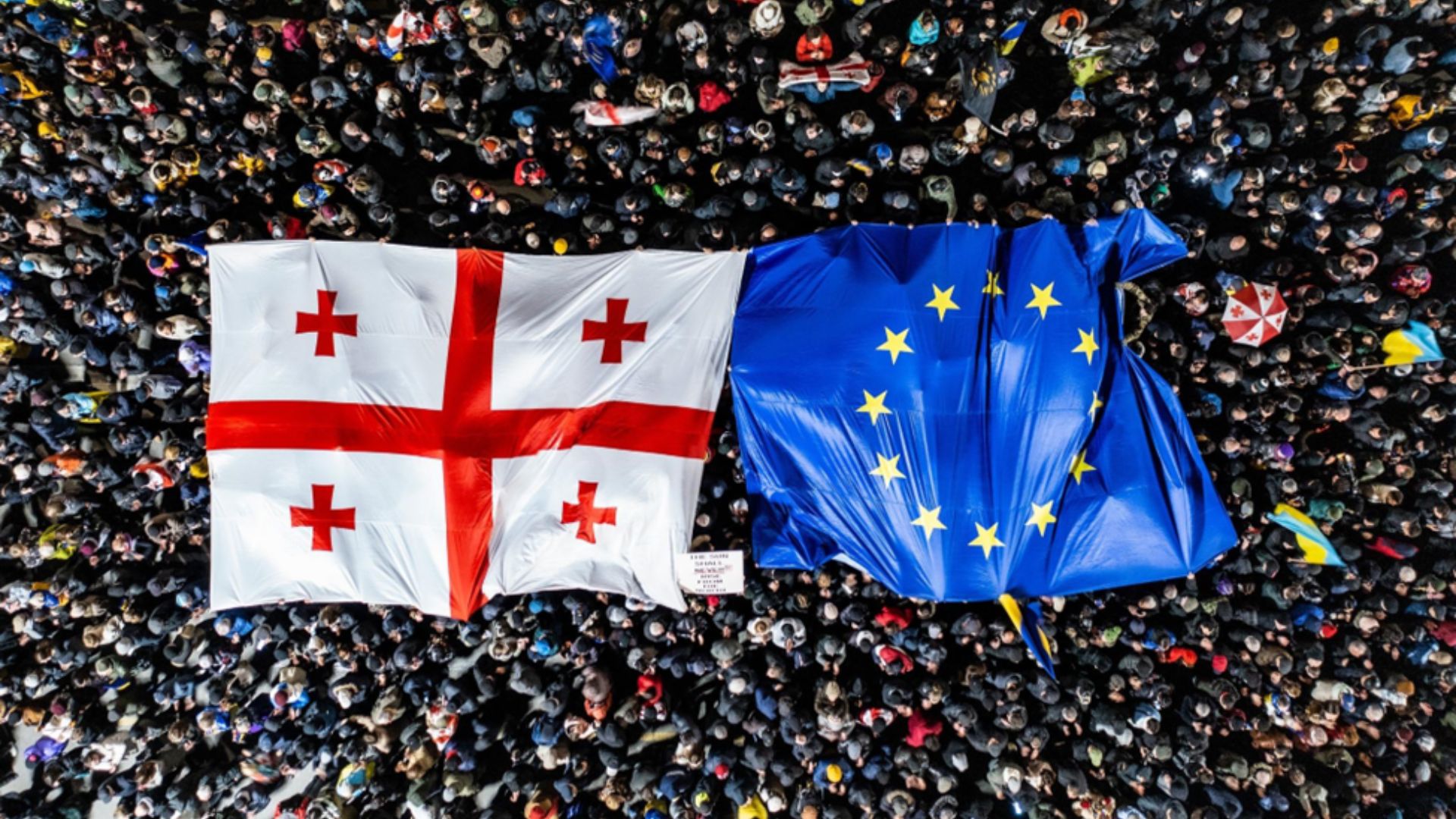By Elizabeth Edwards*
On Monday 24th October, I attended the London premiere of the documentary When Elephants Fight at the LSE.[1] What I watched left me both stunned and appalled. I would urge you all to find an opportunity to watch the documentary and join in on the debate. #StandWithCongo
The film discussed how a vast wealth of mineral resources, mined deep within the grounds of the Democratic Republic of the Congo, have fuelled a complex, multi-faceted war which has perpetuated human rights abuses on an atrocious scale. It was shocking to me that I knew so little about the horrendous realities faced by many men, women, and children living in the Congo – particularly in the eastern provinces of North Kivu, South Kivu, and Katanga – including brutal physical and sexual violence at the hands of rebel groups (such as the FDLR) and government militia (FARDC). People living in the Congo also experienced gross levels of structural violence as a result of political corruption and mismanagement. The Congolese people explained that they lived in a world fuelled by economic uncertainty: lack of secure, well-paid jobs and inadequate access to education perpetuated cycles of poverty and conflict. Vulnerable children were militarised to such an extent that war became a game to play and death became something to sing about. What will become of these children’s futures? The documentary paints a bleak picture.
As I watched footage showing the aftermaths of ruthless violence and listened to the testimonies of disempowered individuals, I was gradually filled with a deep sense of crisis and outrage. Why does all this conflict, this abuse, this misery, continue to happen to so many people living in the Congo? And how could I, just one person who sat thousands of miles away, do anything at all to help mitigate the situation?
Well, the documentary left me in little doubt about what to do. It gave me a sense that I could do something, however small. Firstly, by simply talking about these issues and raising awareness. Because we are not disconnected or distanced from the Congolese struggle. The film brought the terrifying realities of people’s lives into the very heart of London that dark night. It brought their grim stories into the minds of everyone who watched it. But to those of you who haven’t watched it yet: let me just tell you, that you too are not as many miles away from the Congo as you think. Because you carry a bit of it with you. Perhaps you are even holding a bit of it now. If you own a smartphone, or some form of technological device, you are most likely in possession of Congolese minerals such as coltan, tin, and gold. These minerals are essential to the smooth running of your gadgets but they may have a dark and untraceable history. This is the heart of the problem. And this is why these atrocities continue to happen.
I am not an expert on Congolese history and clearly I cannot give you the answers to the issues so succinctly put forward in the documentary. But I can make you more conscious about conflict minerals so that they do not end up in your hands again. The people who mine these minerals in desperate, unsafe, and dangerous conditions are not the ones who see any financial returns. The minerals are illegally smuggled out of the country and sold through the neighbouring countries of Uganda and Rwanda. This profits armed gangs and rebels, and fuels conflict and human rights abuses. Furthermore, lucrative and furtive deals between politicians in the Congolese government and predatory transnational corporations has resulted in the loss of billions of dollars of revenue (approximately $1.36 billion between 2010 – 2012) as international mining firms are granted land concessions to plunder the earth for its natural resources. Mineral wealth does not contribute to the national economy, which is desperately needed for education, health, and development, but is held in the hands of a few, mysterious, economically elite throughout the globe.
So, what can you do? Well, the next time you are thinking about buying a new device, make sure it comes from a company committed to sourcing ethically produced minerals, which can be legitimately tracked from their source all the way through the supply chain. This will help reduce armed conflict, illegal smuggling, and hopefully improve working conditions for the miners. Hopefully, this will help stem the flow of mineral wealth leaving the country and ensure that the profit goes to the people who need it the most.
You can also #StandWithCongo. Share with your friends, host a free screening, and sign their pledge to demand transparency and full disclosure within all Congo mining industries run by the state and multinationals. This is so that we can discover who exactly is benefiting from the mineral wealth being extracted from the Congo and ensure that all companies comply with OECD standards on minerals mined in conflict zones.
Thank you.
Watch the trailer to the film When Elephants Fight.
[1] You can listen to the Q&A session after the event by clicking here.
Works Cited
United Nations Security Council (2004) Security Council Committee Established Pursuant to Resolution 1533 (2004) Concerning the Democratic Republic of Congo
<https://www.un.org/sc/suborg/en/sanctions/1533/materials/summaries/entity/forces-democratiques-de-liberation-du-rwanda-(fdlr)>
Woudenberg, A V et al (2009) “You Will Be Punished” Attacks on Civilians in Eastern Congo
<https://www.hrw.org/report/2009/12/13/you-will-be-punished/attacks-civilians-eastern-congo>
War Child (date unknown) Congo’s Conflict Minerals
<http://www.warchild.org.uk/issues/congo-conflict-minerals>
Bloomberg, T W (2016) What it takes to make a conflict-free smartphone
<http://www.mineweb.com/news/industrial-metals-and-minerals/what-it-takes-to-make-a-conflict-free-smartphone/>
*Elizabeth Edwards is a recent graduate (2016) from Durham University where she received a B.A. (Hons) in Anthropology with a Year Abroad. She is currently at LSE where she is studying for an MSc in Human Rights.


Very good combination of information, thank you
Human rights violations is a topic that will be discussed at length. Good post, thanks.